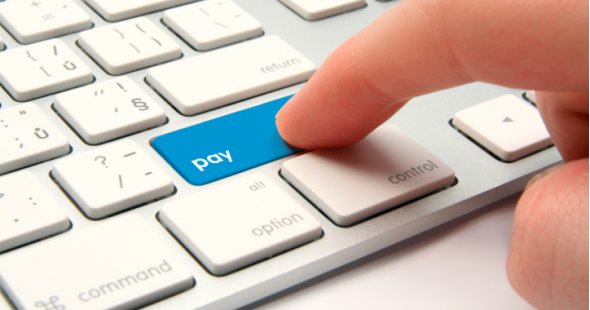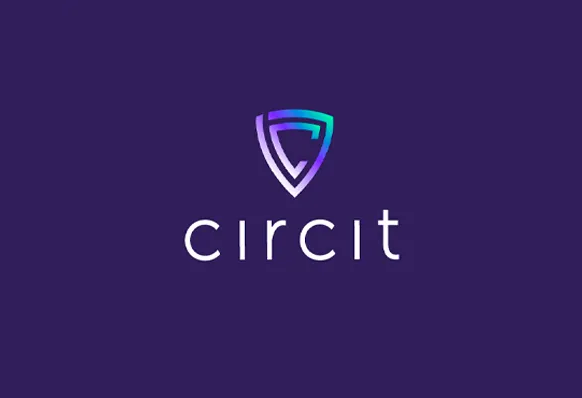The landscape of the payments industry is changing with the introduction of new technologies. Capitalizing on emerging payment methods could give start-ups a competitive edge against larger financial players, allowing those in accounts receivables to grow their bottom line. As we look ahead into 2017 Dave Yohe, VP of Marketing at BillingTree discusses the three trends paying off in the payments and accounts receivable industry this year.
- Speeding up transactions with same-day ACH
Traditional ACH payments are conducted over a wire transfer and take anywhere between one and two working days to clear – a manual, costly and time consuming process unpractical for smaller payments. In 2016 NACHA launched the first phase of Same Day ACH in the US allowing for faster payments, speeding up credit transaction to all bank accounts.
This year the breakthrough will expand to include debit payments, and by 2018 will ensure that funds are made available by banks to recipients by 5pm the same day. One of the most popular methods of collecting payments from consumers is through ACH debits, having a widespread, same-day ACH system will allow for faster payments and the faster flow of funds.
Throughout 2017 businesses and financial organizations will see the benefits of Same Day ACH and be keen to adopt. This won’t be without hurdles however – from learning to adapt to the new rules to integrating the technology that allows same day payments. But there is no doubt that the benefits will outweigh any costs.
- The rise of FinTech shows no sign of slowing down
Over the next three to five years the financial technology industry is estimated to grow to $150bn, according to a report by PwC. The FinTech world is fast moving and those who don’t keep up with new technology such as Bitcoin, Square, Kickstarter among others will find themselves left behind. The same report states that 20% of financial service business risk losing out to FinTech by 2020.
No stopping Blockchain?
Evolved from Bitcoin currency, blockchain technology is set to become one of the biggest developments in the payments industry. Blockchain records data such as transactions, contracts and deals, and shares this information with all parties involved along the process. The advanced technology will serve tighter regulations through giving full transparency as well as being extremely difficult to hack or shut down. It will also help larger financial institutions counter the impact from smaller FinTech disruptors and lower interest rates.
Consumers want omnichannel payment choices
New processes created through financial technology are aimed at making payment channels more user friendly. Allowing consumers to choose which ‘channels’ and payments methods are ideal for them will ultimately maximize settlements in accounts receivables – whether this is paying a bill over the phone after receiving the bill via email, or paying a bill online after receiving the bill through the post.
Virtual negotiation and IVR will double
For the last four years BillingTree has been benchmarking payment technology trends across the ARM industry and more recently across other vertical markets, including healthcare. Virtual negotiation and Interactive Voice Response (IVR) technology is viewed as a key new payment technology in the Accounts Receivable Management industry with planned adoption of both almost doubling from the year before.
Healthcare under the spotlight in 2017
FinTech is yet to have a huge influence in the healthcare accounts receivable landscape. A survey carried out by BillingTree concluded that the introduction of solutions that aren’t technology based such as payment plans and third party collections tied at the most common responses at 27% when planning new payment options. The Fintech impact is set to increase in healthcare payments in 2017 with a fifth of healthcare organizations planning to adopt payment portals over the next 12 months.
- The evolution of the mobile payments industry to continue
Mobile payments continue to rise in the US, and are set to hit $500m by 2020. Even with a smaller growth than initially predicted, mobile payments and wallets are indeed becoming the preferred payment choice by many consumers.
Millennials
Giving tech savvy millennials the option to pay anywhere at any time by using mobile devices can increase the likelihood of them making a transaction.
Student loans
Allowing younger generations to use mobile devices to access bills and make more timely payments will enable other efficiencies to begin. The $1.4 trillion total student loan debt is an area where this could be applied. Giving students the option of making a bill payment in a way they feel more comfortable could lead faster and more timely payments to collection agencies.
Digital wallets
Traditional swipe cards and EMV will eventually become obsolete as faster payment methods such as digital wallets and NFC technology take over. As consumers tend to have their phone wherever they go it makes sense to use it as a payment method. Ensuring that portals are mobile-friendly will be key for organizations as fewer people continue carrying their card.
e-billing
The ability to reduce accounts receivables costs on processing checks is another advantage of mobile payments. Alongside convenience for consumers they are also driving the growth of electronic bill presentment. This creates a great channel for companies to continue driving engagement with millennials – consumers receive a bill, and then continue to use the mobile channel to execute the payment.
————
With over 26 years experience in marketing and advertising, Dave Yohe heads up BillingTree’s corporate marketing team. Responsibilities include Marketing, Lead Generation, Advertising, Tradeshows, Public Relations, Marcom, and Branding. Additional focus is spent on Analyst Relations and New Market Penetration.
Dave joined BillingTree in February 2010 after a multi-year leadership role with online fraud detection and prevention firm the 41st Parameter. Dave has also successfully led marketing teams for Infusionsoft and JDA Software, gaining over 15 years of Software Technology marketing experience within the Financial Services, Retail, e-commerce and CRM verticals.
He received a Bachelor of Arts from the University of Arizona.
Thanks for reading CPA Practice Advisor!
Subscribe Already registered? Log In
Need more information? Read the FAQs
Tags: Digital Currency




